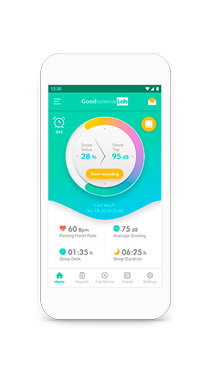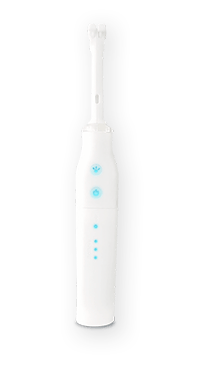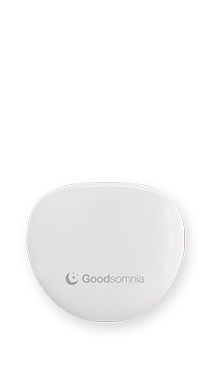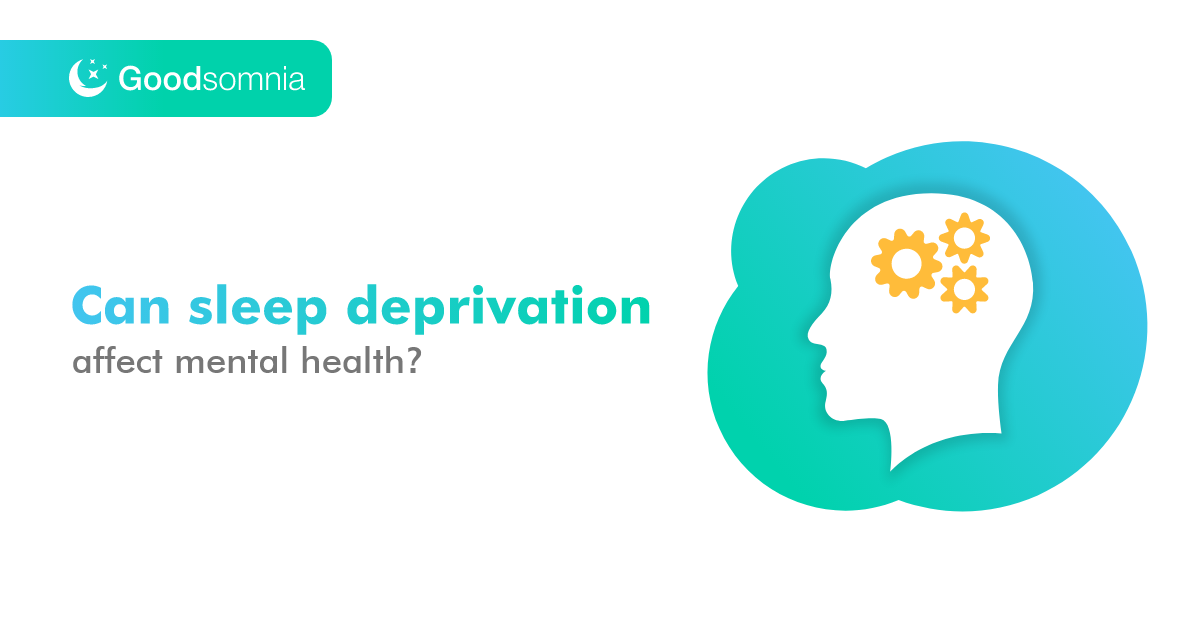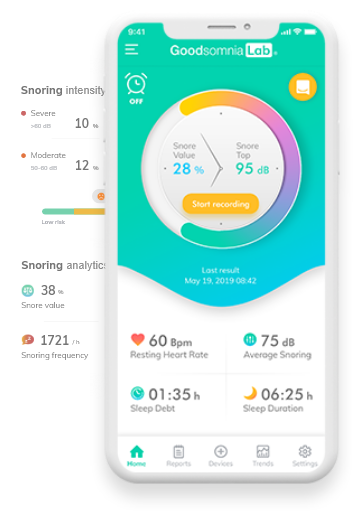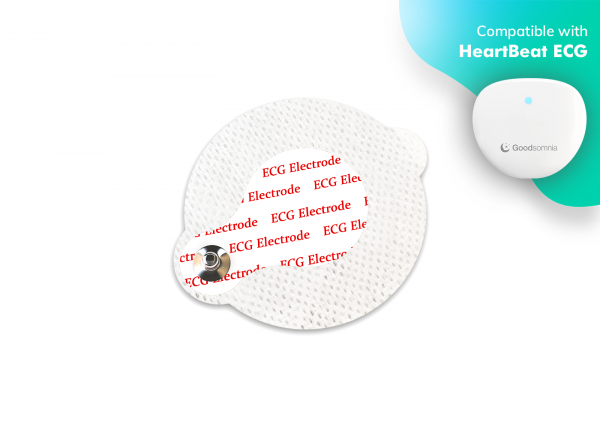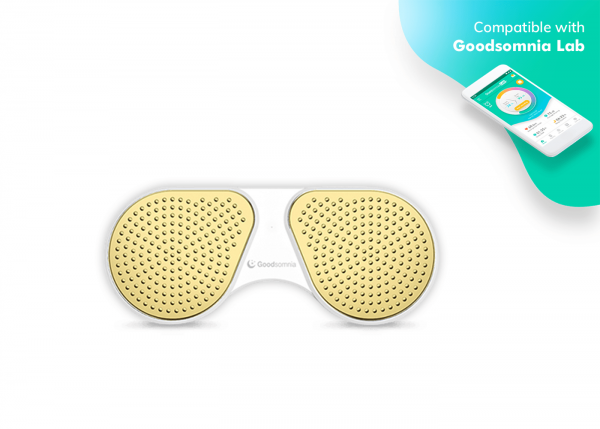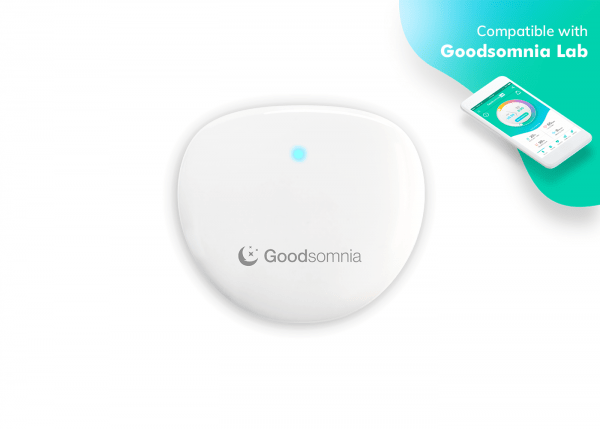Mental health problems are quite common nowadays. Having a busy life is quite the trend, but people often forget about the importance of quality sleep.
So, it’s high time we shed some light on the connection between sleep deprivation and mental health and why it is so dangerous to ignore.
Sleep deprivation develops when you don’t get enough 7-9 hours’ sleep, or the quality of your sleep is low (when you snore or stay awake late).
Sleep is a time of calmness from the outside, but on the inside, the body and the brain completely recharge. So, physical and mental health is very dependent on how well we sleep.
The effects of sleep deprivation on mental health can be expressed in:
- mood and emotional swings;
- decrease in motivation;
- lack of energy levels, etc.
Speaking about clinically fixed problems in mental health, sleep deprivation is far more dangerous. Around one-third of the population suffers from insomnia and this is proved to increase the risk of depression by ten times and anxiety by 17 times.
Effects of sleep deprivation on mental health: how to avoid
Mental effects of sleep deprivation can be various as well as the causes. It’s easy to understand if you get enough sleep or not when you have insomnia, for example. You stay awake for longer, and you’re aware of it.
Things are harder if your sleep deprivation is due to obstructive sleep apnea, a disorder when you experience multiple breathing pauses during the night, often without recognizing them. It’s necessary to make the problem visible first.
So how to avoid mental issues from sleep deprivation? Take care of your sleep for it to be able to take care of you. If there are any apparent interruptions to your sleep, do your best to exclude them:
- Keep your bedroom fresh and clean.
- Maintain a healthy lifestyle (no alcohol and heavy meals before sleep, physical exercise, meditation, etc.).
- Create healthy sleep routines (fixed schedule of sleep, not less than 7 hours’ sleep, and so on).
For uncovering hidden threats to your sleep (like snore apnea, sleep talking) you can use a free sleep recorder app offered by Goodsomnia. Main features include: measuring general sleep time, recording all sounds that you produce during sleep, analyzing them and signalling possible health risks. This information can be useful for figuring out and eliminating sleep deprivation effects on mental health.

